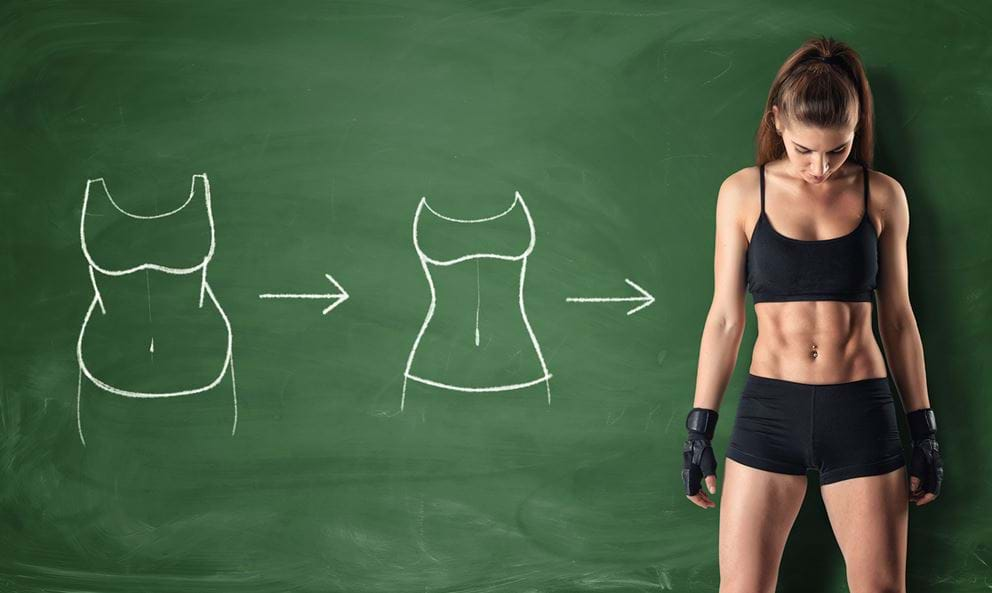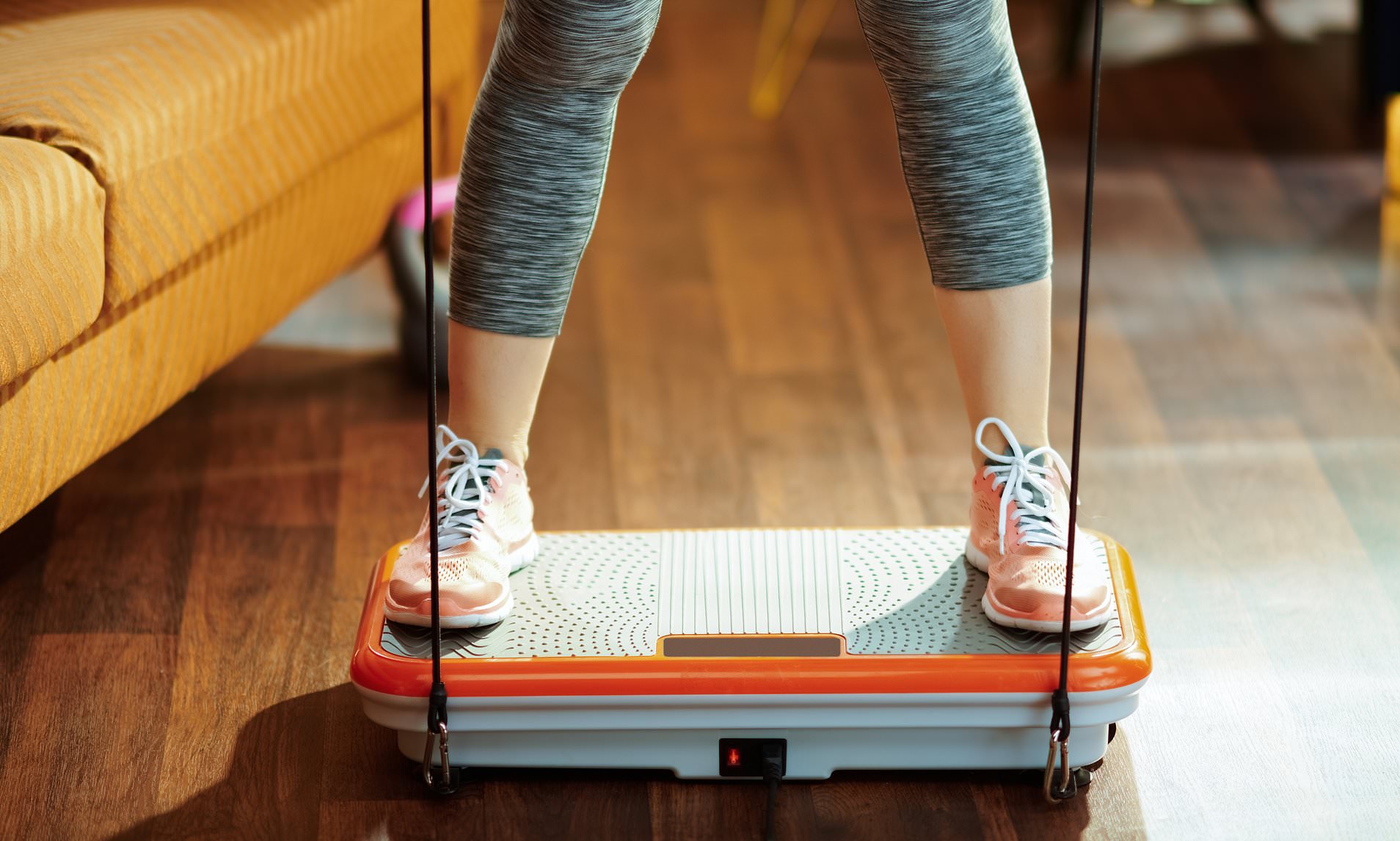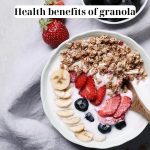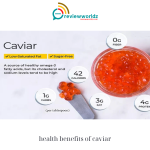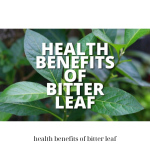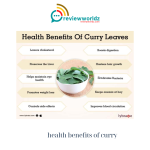When You Give Up Dairy: What Really Happens to Your Body? Milk has long been a staple in the American diet. But did you know how difficult it is for your body? Not consuming milk can free you from a myriad of health problems – and some pretty wild things will happen to your body in the process. Let’s read the article below to know more.
Contents
Your thinking can get clearer
Milk and dairy products contain a protein called casein. Along with lactose, casein can cause an allergic reaction in some people that affects the brain. This reaction can lead to irritability and confusion.
Another study found that cow’s milk can disrupt the receptors that carry folate to the brain. Low folate levels are associated with depression and “foggy thinking.”
When you cut dairy and eat a plant-based diet loaded with leafy greens, you can raise your folate levels and help protect brain function.
When You Give Up Dairy- After One Week
Just one week without dairy consumption can make you feel less bloated and your skin look clearer if dairy had been affecting skin conditions. Depending on your level of sensitivity to it, you might also start to feel a bit more alert, since dairy is known to make some people feel sluggish.
Shacter, who has a dairy sensitivity herself, reminds us that results will vary depending on whether you’re lactose intolerant, sensitive to dairy, or neither. If dairy isn’t an issue for you, the result may not be quite as dramatic as for someone like Daniels, who says, “You can feel the difference in the tightness of your joints when you increase your daily consumption.”
Less dairy is good. Plant-based is even better!
When You Give Up Dairy. There are a lot of ways that dairy is hard on the body. Letting it go from your diet can help you feel better and stay healthy.
Worried that if you cut dairy you’ll miss out on important nutrients like protein and calcium? By eating a wide range of nutrient-dense plant-based foods you’ll be sure to get all the vitamins, minerals, and other compounds you were getting from milk, without the BS (you know – bad stuff).
You’ll Lose Weight
With all those “Got Milk?” ads popping up, it’s easy to believe that dairy campaigns inundating the media, it’s no wonder why we tend to associate dairy consumption with being slimmer and healthier. But all the moo-related marketing might not be all that it’s milked to be: One meta-analysis published in The Journal of Clinical Nutrition, which reviewed nearly 30 studies, found that results don’t “support the beneficial effect of increasing dairy consumption on body weight and fat loss.” Simply put: There’s no solid scientific evidence that eating dairy will boost weight loss or even help you maintain your weight. In fact, an Archives of Pediatric and Adolescent Medicine study of more than 12,000 kids found that the more milk they consumed, the more weight they gained. And given that recent research has concluded that veganism is the absolute top lifestyle for weight loss, starting a dairy-free diet might be one easy way to start your bathroom scale trending downward.
Your Skin Will Clear Up
Instead of buying expensive products, the simple act of going on a dairy-free diet may quell skin flare-ups. Many dermatologists also recommend starting a dairy-free diet as the first course of action against skin conditions such as acne and eczema. Many of our test panelists reported an improved complexion as one of the incredible side benefits of the Zero Belly plan. “It’s easy to stick with and makes sense,” said Jennie Joshi, who lost 11 pounds and 2 inches off her waist. “And the added benefits: flawless skin, less bloating and more energy!”
You’ll Slash Your Risk for Diabetes
Thanks to our society’s focus on cutting fat, most of the dairy products you’ll encounter nowadays are reduced-fat, skim, fat-free, 1%, or some other processed variation on what originally came out of the cow. Here’s the definitive word: Low-fat dairy is bad for you. In fact, the more low-fat dairy products you eat, the higher your risk of diabetes, according to a 2015 study of nearly 27,000 people in the American Journal of Clinical Nutrition. The reason may be that manufacturers replace the missing fat with sugar, turning their dairy products into diabetes-delivery systems. If you’re trying to cut down on fat and calories, low-fat dairy is not the way to do it.



